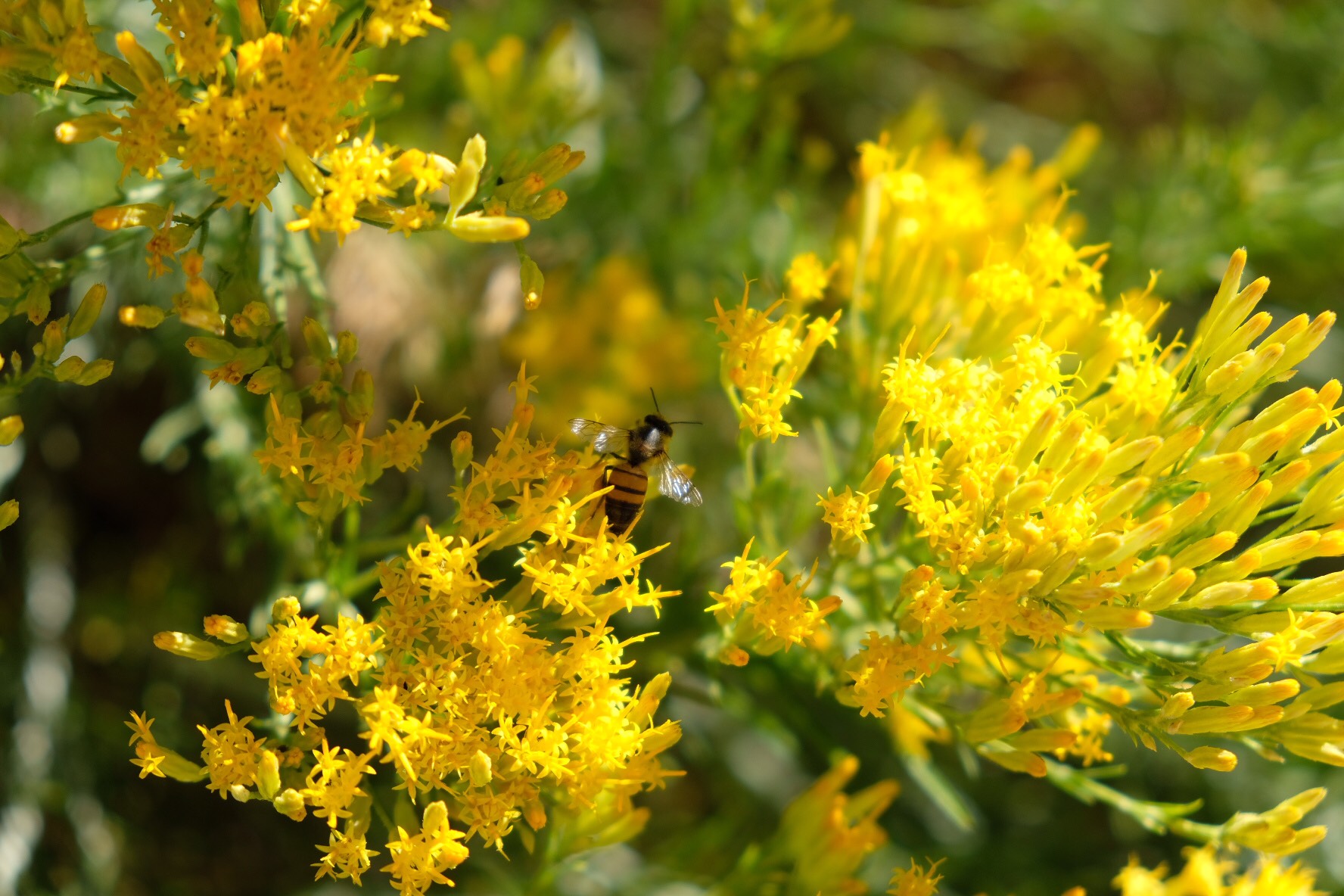If you read the headlines on most news websites lately, you are bound to have come across some kind of deadly warning about climate change and how we don’t have long left to save the planet. Climate change is a very real problem but it can feel a lot less scary if you feel as though you can fight against it. There are plenty of ways to reduce your carbon footprint, to buy more sustainably and to become more eco-friendly. However, another approach to saving the planet is to take part in citizen science. Citizen science enables the general public to take part in scientific research and to collect data that will be useful for the scientific community.
In Ireland, the Irish Wildlife Trust (IWT) is working in tandem with the National Biodiversity Data Centre (NBDC) to create a diverse range of citizen science projects. These projects mostly involve asking the public to go out into their local natural environments and document certain species of plant and animal. It’s an easy and effective way of gathering significant scientific data. These wildlife documentation projects are also a great excuse to get out on a Sunday afternoon. Why not fight climate change and your hangover at the same time?
One of the most popular projects is the Bumblebee Monitoring Scheme. Bees are the most important pollinators in the world, with many plant species pollinated exclusively by bees. Without them our ecosystems would collapse and shatter around us, not to mention that there wouldn’t be a whole lot left for us to eat. Scarily, our native furry buzzing friends are under threat here in Ireland. There are 99 species of bee in Ireland, one third of which are under threat of extinction. The evidence points towards a class of pesticides called neonicotinoids as the reason for the rising number of bee deaths around the world. Commercial agriculture use these insecticides to kill off any unwanted crop-eaters. However these chemicals can also make nectar and pollen toxic to bees, which is ironic seeing as bees do work that, compared to agriculture, is about €53 million per annum. In the words of our very own Edmund Burke: “Never bite the hand that feeds you”.
“There are 99 species of bee in Ireland, one third of which are under threat of extinction.”
The Bumblebee Monitoring Scheme encourages the Irish public to go out and simply identify the types of bees in their local area. It asks you to choose a fixed walking route in your local area that is at least 1km long. Then, walk that route once a month between April and October and try to count and identify all of the different bees you can find along that route. It’s really only 8 hours of your life a year that you need to sacrifice in order to be a bumblebee monitor. This kind of data can help build up a timeline of increasing and decreasing bee populations in an area and is very useful to environmental scientists. It’s important to know how specific populations are doing. This allows conservationists to focus on protecting areas of rapid population decrease, and hopefully will enable them to slow these rates. So choose a route, learn how to identify each bee using the pollinators.ie website, and before you know it you’ll be the bees knees at saving the planet.
If insects aren’t your style then there are plenty of other projects to get involved with. You could try to document invasive species like the Pink Salmon, Crayfish Plague and Asian Hornet. If plants are more your cup of tea you could document the different species of flowering plants. Almost anything you find in your local environment can be a useful data point for those trying to save the planet. All you have to do is visit the National Biodiversity Data Centre website to find out how to take part.
Even if you don’t feel like documenting what you find, it’s always fun to see what you can find whilst travelling through our rich Irish landscape. You might end up finding some pretty strange creatures. You might find a native Viviparous Lizard, or even a Giant Squid, which has been recorded in Irish waters 5 times. Whatever it might be, it’s now more important than ever to get involved. Our planet is in trouble. It is essential that we take action now to prevent any more damage, so get involved. Everyone can help contribute to science.






